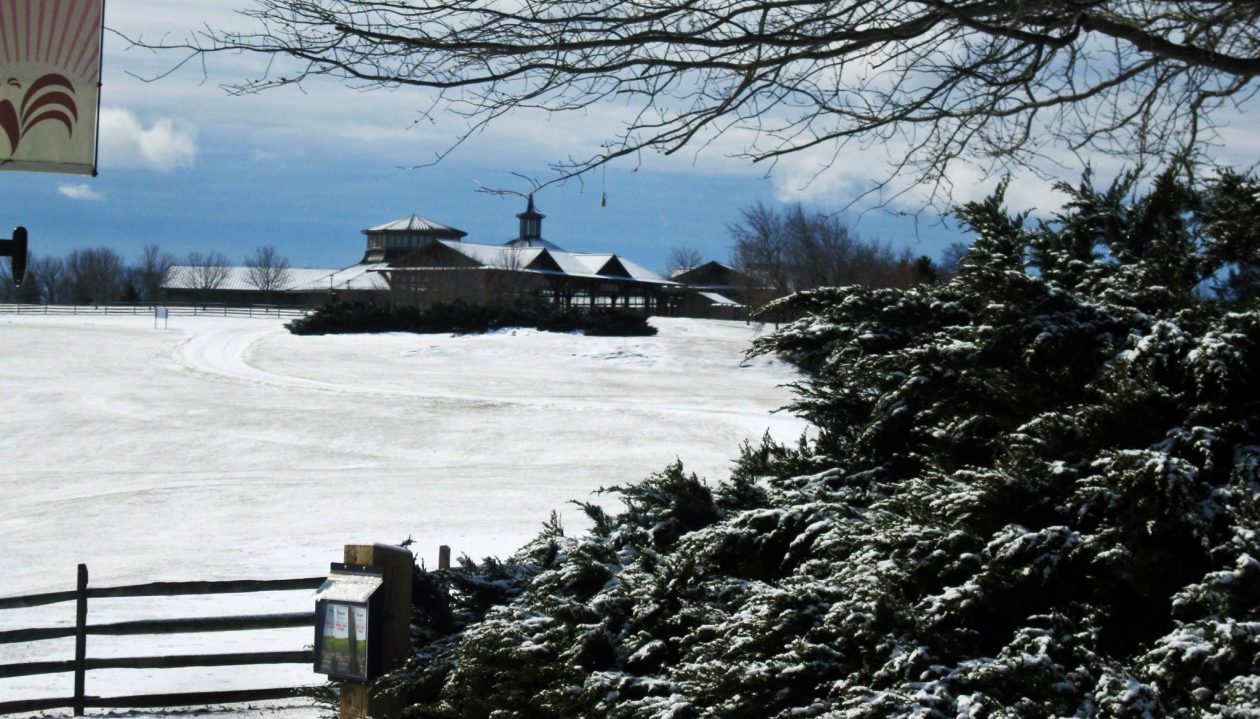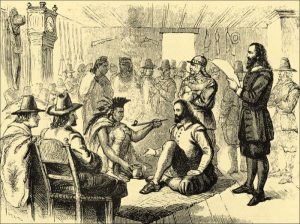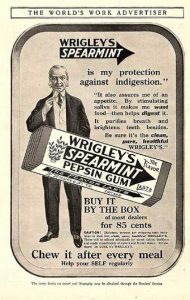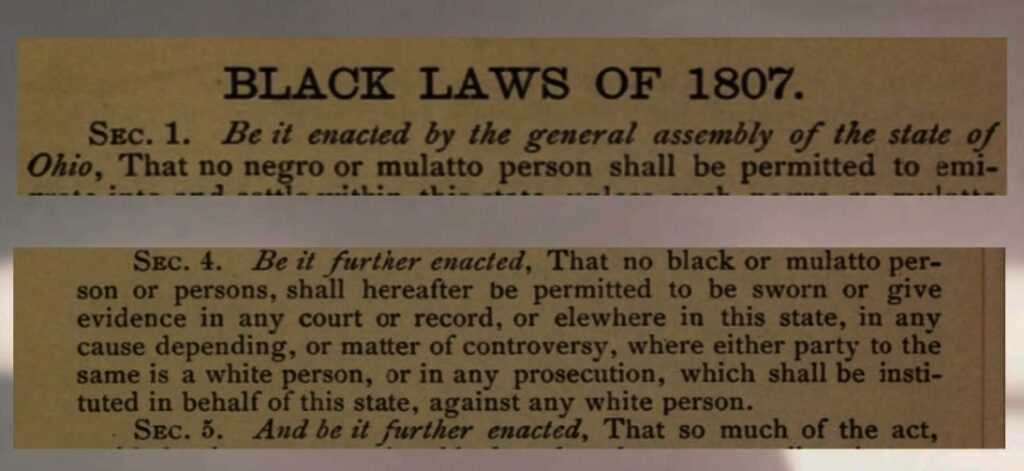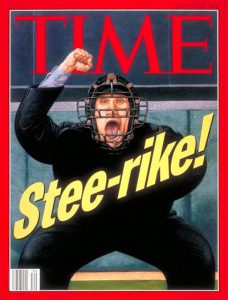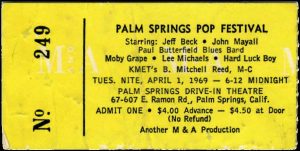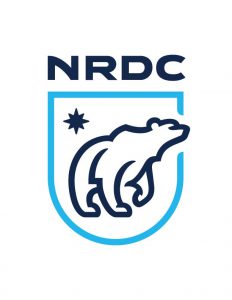April 1 Peace Love Art Activism
Native Americans
Wampanoags treaty
April 1, 1621: at the Plymouth settlement (present-day Massachusetts), the leaders of the Plymouth colonists, acting on behalf of King James I, make a defensive alliance with Massasoit, chief of the Wampanoags. The agreement, in which both parties promised to not “doe hurt” to one another, was the first treaty between a Native American tribe and a group of American colonists. According to the treaty, if a Wampanoag broke the peace, he would be sent to Plymouth for punishment; if a colonist broke the law, he would likewise be sent to the Wampanoags. (Indian Country article) (next Native Americans, see May 22, 1623; Wampanoags, see June 24, 1675)
Rappahannock Tribe
April 1, 2022: the Rappahannock Tribe, a Native Tribe in Virginia, reacquired 465 acres of sacred land at Fones Cliff, the tribes’s ancestral home.
Secretary of the Interior Deb Haaland and US Fish and Wildlife Service Director Martha Williams celebrated the tribe’s reacquisition of the land according to a press release from the Department of the Interior.
“We have worked for many years to restore this sacred place to the Tribe,” said Rappahannock Tribe Chief Anne Richardson, according to the Chesapeake Conservancy. “With eagles being prayer messengers, this area where they gather has always been a place of natural, cultural and spiritual importance.” [CNN article] (next NA, see June 13)
April 1 Peace Love Art Activism
Feminism
Deborah Samson
April 1, 1783: Deborah Samson was promoted and spent seven months serving as a waiter to General John Paterson. This job entitled her to a better quality of life, better food, less danger, and shelter.
That summer, while stationed in Philadelphia she came down with fever and was cared for by a Dr Barnabas Binney. In treating her he discovered the cloth she used to bind her breasts and, thus, discovered her secret. He did not betray her; he took her to his house, where his wife and daughters housed and took care of her. (see Sampson for expanded story)
April 1 Peace Love Art Activism
Cultural Milestones
William Wrigley, Jr
April 1, 1891: William Wrigley, Jr founded the Wrigley Co. in Chicago. He sold soap and gave away baking powder as a premium. The baking powder was more popular, so he switched to selling baking powder, giving chewing gum as a premium with each can. The gum became more popular than the baking powder so he went into the chewing gum business. (see May 5)
Baseball Hall of Fame
April 1, 1938: the Baseball Hall of Fame opened in Cooperstown, NY. (HoF site) (Apr 18)
April 1 Peace Love Art Activism
Black History
Ohio Denies Blacks From Testifying
April 1, 1807: Ohio began legally prohibiting Black people from testifying in cases involving white people as parties. As a result, for the next four decades, white people could act with impunity in filing baseless civil suits against Black people barred from testifying to defend themselves, and committing crimes against Black people with no fear that the victim or any Black witnesses would be permitted to give evidence against them. This law made Black people vulnerable to exploitation and abuse, and ensured that they could not rely on the courts for protection or justice. [EJI article] (next BH, see January 1, 1808)
Scottsboro Nine
April 1, 1935: the US Supreme Court ruled that the exclusion of black citizens on jury rolls deprives black defendants of their rights to equal protection under the law as guaranteed by the Fourteenth Amendment. The Court overturned the convictions of Haywood Patterson and Clarence Norris and the case is remanded to a lower court. (SB, see Nov 13) (see Scottsboro Nine Travesty)
Greensboro Four
April 1, 1960: students resumed sit-in activities at the Kress and F.W. Woolworth stores and began picketing on Elm and Sycamore streets. That evening at a mass meeting, more than 1,200 students pledged to continue the protests. (see G4 for expanded chronology)
St Augustine Sit-ins
April 1, 1964: sit-ins at restaurants and hotels in St. Augustine, Fla., ended in the arrests of more than 280 people. Martin Luther King Jr. gave his support to the protests and was arrested on June 11 when he tried to eat the Monson Motel Restaurant in town. On June 5, the beach cottage where he was supposed to stay was riddled with bullets. (King Encyclopedia article) (see Apr 6)
Ahmaud Arbery/BLACK & SHOT
April 1, 2020: after a public records request, The Brunswick News [GA] reported details of the Glynn County Police Department’s records on the shooting of Ahmaud Arbery. The police report was based almost entirely on the responding officer’s interview with Gregory McMichael. The records claimed that after the McMichaels pursued Arbery, Travis McMichael and Arbery “started fighting over the shotgun, at which point Travis fired a shot and then a second later there was a second shot.”
George E. Barnhill, the Waycross district attorney, took over the case and advised the police that there was insufficient cause to arrest Mr. Arbery’s pursuers. He argued that they had acted legally under Georgia’s citizen arrest and self-defense laws, according to documents obtained by The New York Times.
Under pressure from Arbery’s family, Barnhill then recused himself from the case because his son had worked in the Brunswick prosecutor’s office with Gregory McMichael. Mr. Barnhill asked the Georgia Attorney General’s Office to help find another district attorney to handle the case. [NYT article] (next B & S and AA, see April 13 or see AA for expanded chronology)
April 1 Peace Love Art Activism
US Labor History
International Typographical Union
April 1, 1963: workers of the International Typographical Union ended their strike that had closed nine New York City newspapers. The strike ended 114 days after it began on December 8, 1962. (see June 10)
Baseball strike
April 1, 1972: major league baseball strike began. It was the first players’ strike in baseball history. (Labor, see Apr 11; baseball, see Apr 13)
McDonald’s
April 1, 2015: McDonald’s announced that it would raise wages and offer new benefits to 90,000 employees in the 1,500 outlets in the United States that it owned and operates, responding to competitive pressure from a tighter job market and to labor campaigns drawing public attention to its pay policies.
The decision, however, did not affect the 750,000 employees who work for the more than 3,100 franchisees that operate roughly 12,500 McDonald’s restaurants around the country. The company will increase wages to at least $1 over the local legal minimum wage for workers in restaurants under corporate control to an average of $9.90 an hour by July 1. That average will increase to more than $10 in 2016.
Employees who have worked in company restaurants more than a year will also be eligible for paid time off, whether they work full or part time. An employee who works an average of 20 hours a week might accrue as much as 20 hours of paid time off a year, the company said. McDonald’s will also expand a program intended to help employees of both its own restaurants and those operated by franchisees to take classes online toward earning high school diplomas. The company will cover those costs, as well as assist employees with college tuition. (see June 1)
Amazon Facility Unionized
April 1, 2022: in one of the biggest victories for organized labor in a generation, workers at a Staten Island, NY Amazon facility voted by a wide margin to form a union,.
Employees cast 2,654 votes to be represented by Amazon Labor Union and 2,131 against, giving the union a win by more than 10 percentage points, according to the National Labor Relations Board. More than 8,300 workers at the warehouse, which is the only Amazon fulfillment center in New York City, were eligible to vote. [NYT article] (next LH, see Sept 26)
April 1 Peace Love Art Activism
April 1 Music et al
John Lennon
April 1, 1966: John Lennon bought a copy of Timothy Leary’s The Psychedelic Experience and The Tibetan Book Of The Dead, where he read near the beginning of the book’s introduction; “When in doubt, relax, turn off your mind, float downstream,” which captured Lennon’s imagination and became the first line of ‘Tomorrow Never Knows’, (which he recorded 5 days later). (see May 1)
The Road to Bethel and the Woodstock Festival
April 1, 1969: Michael Lang was disappointed anyway with the Saugerties site. It didn’t have the rustic feel he hoped to have. (see Chronology for expanded story)
Palm Springs Pop Festival
The second festival of 1969 was in the Palm Spring, CA area and was over two days (see festivals for expanded story):
April 1: Palm Springs Drive-In Theatre
|
|
| April 2: Palm Springs Angel Baseball Stadium |
|
Trans John & Yoko
April 1, 1970: as an April Fool’s joke, John Lennon and Yoko Ono issued a statement to the press that they were having dual sex change operations. (see Apr 10)
Grateful Dead & FREE SPEECH
April 1, 1970: radio station WUHY in Philadelphia was fined for a “string of vulgarities,” expressed by Jerry Garcia. The case led to the first fine ever imposed by the Federal Communications Commission (FCC) for broadcast indecency. Dean Burch, Chair of the FCC, was searching for a test case in which the FCC could assert standards of decency in radio broadcasting. The executives of WUHY, however, chose to pay the $100 fine rather than contest the decision, and so there was no court case involving a test of the FCC’s standards and the First Amendment. (FS, see May 6; Dead, see March 27, 1973)
April 1 Peace Love Art Activism
LGBTQ
Gay entrapment
April 1, 1966: NYC Chief Inspector Sanford D. Garelik said that he hoped the public would report cases in which policemen lured homosexuals into breaking the law and then arrest them. (see Apr 17)
Coretta Scott King
April 1, 1998: Coretta Scott King called on the civil rights community to join the struggle against homophobia. She received criticism from members of the black civil rights movement for comparing civil rights to gay rights. (see November 3, 1998)
Act on the Opening up of Marriage
April 1, 2001: in the Netherlands, the Act on the Opening up of Marriage goes into effect. The Act allows same-sex couples to marry legally for the first time in the world. (see March 28, 2002)
April 1 Peace Love Art Activism
Vietnam & My Lai Massacre
April 1, 1971: President Nixon ordered William Calley transferred from Leavenworth prison to house arrest at Fort Benning, pending appeal. (see My Lai for expanded story; Vietnam, see Apr 19)
April 1 Peace Love Art Activism
Jack Kevorkian
April 1, 1996, trial began in Jack Kevorkian‘s home town of Pontiac in the deaths of Miller and Wantz. For the start of his third criminal trial, he wears colonial costume–tights, a white powdered wig, and big buckle shoes–a protest against the fact that he is being tried under centuries-old common law. He would face a maximum of five years in prison and a $10,000 fine if convicted in the Wantz/Miller deaths. (see Kevorkian for expanded story)
April 1 Peace Love Art Activism
CLINTON IMPEACHMENT
April 1, 1998, : Judge Susan Webber Wright dismissed the Paula Jones case. (see Clinton for expanded story)
April 1 Peace Love Art Activism
Iraq War II
April 1, 2007: John McCain strolled through the Shorja market in Baghdad accompanied by 100 soldiers, 3 blackhawks, 2 Apache gunships. [NBC News, 4/1/07] (see Apr 16)
April 1 Peace Love Art Activism
Women’s Health & TERRORISM
April 1, 2010: in Wichita, Kansas, Sedgwick County District Judge Warren Wilbert sentenced Scott Roeder to a “Hard 50”, meaning no possibility of parole for 50 years, for the murder of Dr George Tiller, the maximum sentence available in Kansas. (2016 CBS News article) (Terrorism, see Nov 17; BC see March 16, 2012)
April 1 Peace Love Art Activism
Environmental Issues
Deepwater Horizon Oil Spill
April 1, 2010: Halliburton employee Marvin Volek warned that BP’s use of cement “was against our best practices.” (see Apr 14)
April 1, 2015
- California Gov. Jerry Brown ordered mandatory water use reductions for the first time in California’s history, saying the state’s four-year drought had reached near-crisis proportions after a winter of record-low snowfalls. Brown, in an executive order, directed the State Water Resources Control Board to impose a 25 percent reduction on the state’s 400 local water supply agencies, which serve 90 percent of California residents, over the coming year. The agencies will be responsible for coming up with restrictions to cut back on water use and for monitoring compliance. State officials said the order would impose varying degrees of cutbacks on water use across the board — affecting homeowners, farms and other businesses, as well as the maintenance of cemeteries and golf courses.
- A report from the environmental group Natural Resources Defense Council analyzed the data on spills and other violations at oil and gas wells across the country, but an interesting aspect of the report was how little data the group was able to turn up. Based on NRDC’s evaluation of dozens of state databases, only three states — West Virginia, Pennsylvania and Colorado — have easily accessible, publicly available data on spills and other violations. That’s three states out of 36 that have active oil and gas development.
“We looked at 36 states, and there are only three states where it would be easy for a member of the public to sit down at their computer and get some information about a company’s compliance record,” said report co-author Amy Mall, a senior policy analyst at NRDC. The group said that there are other states where citizens can file requests for data, but these three are the only ones where the information proved relatively easy to access. (NRDC site) (see Apr 21)
April 1 Peace Love Art Activism
Affordable Care Act
No replacement soon
April 1, 2019: even as he asked a court to cancel President Obama’s Affordable Care Act, on March 25, President Trump had reassured Americans that they did not need to worry about the Affordable Care Act’s demise because Republicans would replace it with something better.
On this date, in the President tweeted that Republicans would not have a replacement plan for at least 19 more months — and then only if Republicans win the 2020 election. (see Oct 22)
No reopening
Obamacare Markets Will Not Reopen, Trump Decides
April 1, 2020: the NY Times reported that the Trump administration had decided against reopening the Affordable Care Act’s Healthcare.gov marketplaces to new customers, despite broad layoffs and growing fears that people will be uninsured during the coronavirus outbreak.
The option to reopen markets, in what is known as a special enrollment period, would have made it easier for people who have recently lost jobs or who had already been uninsured to obtain health insurance. The administration had established such special enrollment periods in the past, typically in the wake of natural disasters. (next ACA/Healthcare, see July 8)
